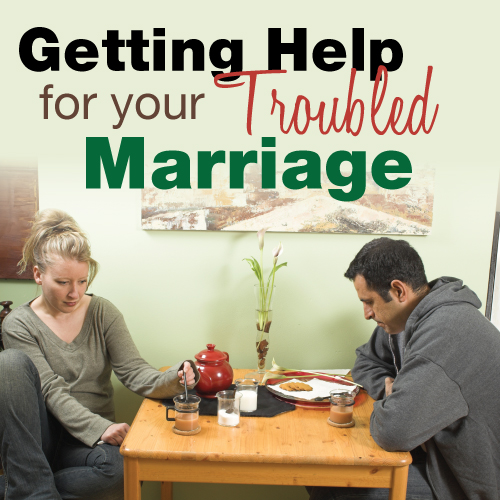The Blame Game – IKEA Carpark Couple Therapy

The scenario: a frazzled couple, stroppy kids and a car that just isn’t big enough to fit all the stuff they’ve just bought in store. The setting is ripe for the good old ‘blame game’.
Visit an IKEA carpark on a weekend afternoon and you’ll spot dozens of hapless couples caught in the blame cycle. The initial checkout high that follows the inevitable impulse purchase (has anyone EVER been to IKEA and NOT bought something that wasn’t on their list?) is soon displaced by post-purchase regret. There’s that horrible sinking feeling in the pit of your stomach as you realise that you just wasted your money on an item that wasn’t really necessary or wasn’t quite right. And you’ll be living with the reminder of your bad judgement in your living room for the next decade.
Reality sets in. Now you have to get it home… somehow… and quickly before the kids unravel and the car park grid-locks. You wave on the driver waiting to take your car spot – this is not going to be a quick exit!
It doesn’t take long for the blame talk to start. The delicate negotiations in store that seemed a fair deal (“you can get that if I can buy this”) are a distant memory. The script will get rewritten in accusations of selfish or irresponsible behaviour as the blame missiles begin.
Everyone loses when this happens. The kids will be alternately ignored, corrected and criticised for being too disruptive. And they’ll both say things to each other that steal the joy of home-making and leave emotional scars.
Blaming might be predictable, but it is never constructive in a marriage. Too often blaming is an avoidance strategy; it deflects our attention away from our own emotions of guilt for a selfish choice or regret for a bad judgement to focus on our spouse’s shortcomings. The diversion allows us to avoid the internal work of processing these emotions.
But it takes time and space to process this kind of internal conundrum and the carpark isn’t the time or the place. When we’re under pressure, blame is the shortest route to alleviate our internal angst.
However the relief is generally short-lived. A bit like the alcoholic or addict, indulging in blame provides temporary relief from intensely unpleasant emotions, but it never deals with them in any permanent way. It only masks them. Blame is the shortcut we use to avoid dealing with those feelings and consequently avoid resolving the underlying issue.
Making our spouse feel badly through our blame will never alleviate our own negative emotions: if anything, blame adds to them as the situation escalates to an all-out fight or sends our spouse crashing. Now we feel guilty for being such a jerk.
It takes a certain self-awareness to be able to recognize when we are playing this game with ourselves. It takes enormous maturity to practice the self-restraint necessary to resist our impulse to avoid those intense feelings with blame and accusation. But it’s necessary. It’s necessary for our growth. It’s necessary for our relationships.
So next time you need to process your stuff, don’t waste money on a therapist. Take a visit to IKEA…and don’t forget to thank the staff for the free therapy!




